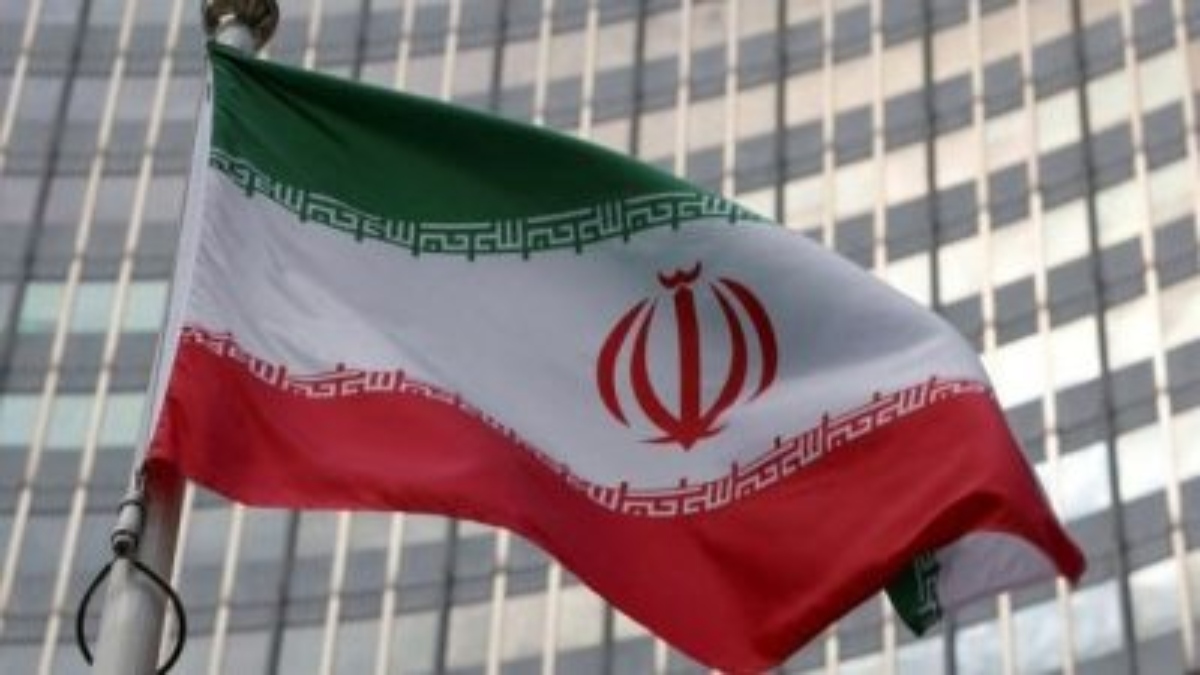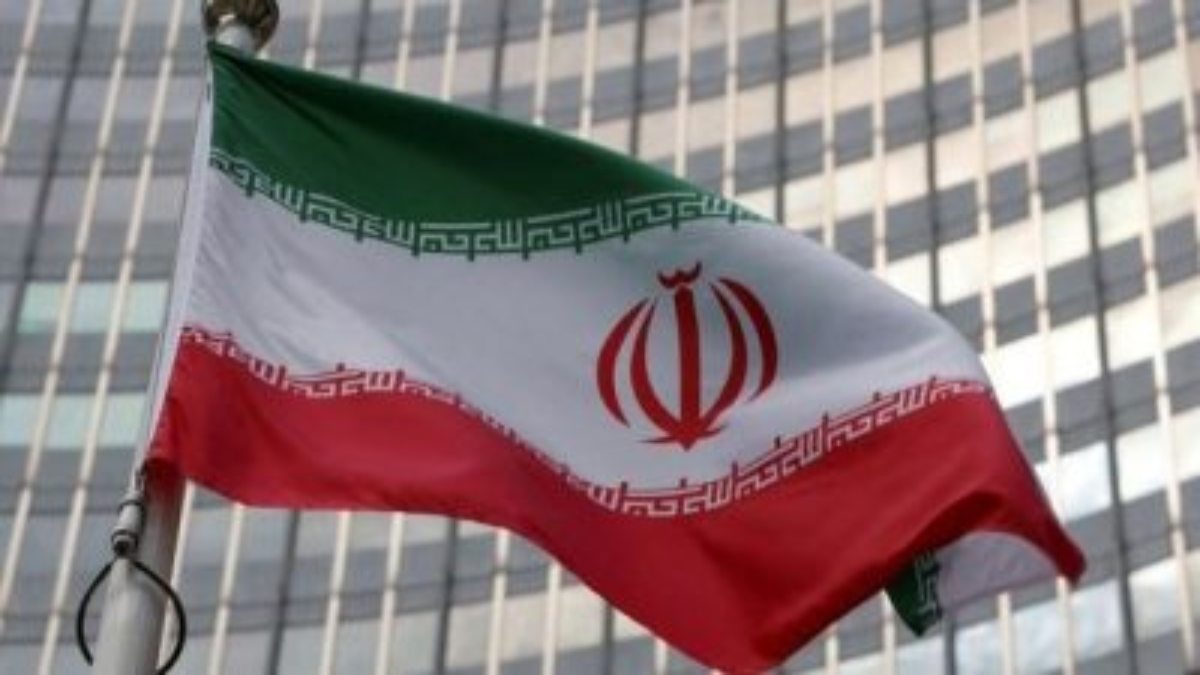Interpol has published its first ever Silver Notice at India’s request.
The agency has done so at the behest of the Central Bureau of Investigation (CBI).
The CBI has asked Interpol to track the assets of former French Embassy officer Shubham Shokeen.
Shokeen is wanted in India on visa fraud.
India has also secured an additional Silver Notice against Amit Madanlal Lakhanpal for cryptocurrency fraud.
But what is the Silver Notice? How does it work?
Let’s take a closer look
What is the Silver Notice?
First, let’s take a brief look at Interpol.
Interpol is formally called the International Criminal Police Organisation.
Based in France’s Lyon, it is the only global police organisation.
It facilitates cooperation between police of 196 member nations.
In India, the CBI coordinates with Interpol.
According to The Times of India, the Silver Notice was first introduced in January.
It is designed to track and recover ill-gotten assets anywhere in the world.
As per Financial Express, it is also aimed at combatting international criminal groups and increasing cooperation between authorities.
The pilot program was introduced by Italy – which also issued the first notice against a senior member of the Mafia.
India has joined it alongside at least 50 other nations – Algeria, Argentina, Australia, Belgium, Brazil, Burundi, China, Colombia, Congo, Ecuador, Estonia, France, Gabon, Georgia, Gibraltar (UK), Guinea, Hungary, , Iraq, Italy, Kazakhstan, Kenya, Korea (Rep. of), Kuwait, Latvia, Malawi, Malta, Moldova, Mozambique, Namibia, Netherlands, New Zealand, Nigeria, North Macedonia, Pakistan, Paraguay, Poland, Portugal, Qatar, Russia, Singapore, Spain, Sweden, Trinidad & Tobago, Ukraine, United Arab Emirates, United Kingdom, United States, Uruguay, Venezuela, Zambia, and Zimbabwe.
The pilot program will run till November 2025, as per Financial Express.
How does it work?
As per Financial Express, the silver notes is just the latest entrant in Interpol’s long list of colour -coded notices.
This allows countries to alert each other about individuals who are wanted for questioning and allows them to share information.
Nations can also seek data on assets linked to a person’s criminal activities. These can include fraud, corruption, drug trafficking, environmental crime and other serious crimes.
The Silver Notice will help find information about assets such as properties, vehicles, financial accounts and businesses.
Countries may then use such information to cooperate with each other to go after the assets.
During the pilot phase, extracts of Silver Notices will not be published on the Interpol website.
Under the project, 500 notices can be requested which will be equally divided among the participating countries, Interpol has said.
Each country gets around 9 notices.
“The Silver Notice will help India to locate assets of criminals who have transferred their illicit wealth to tax havens and other countries thinking that it will never be traced or accounted for,” an Indian official in the know said.
Interpol Secretary General Valdecy Urquiza said stripping criminals and their networks of illegal profits is one of the most powerful ways to fight transnational organised crime, especially I considering that 99 per cent of criminal assets remain unrecovered.
“By targeting their financial gains, Interpol is working to disrupt criminal networks and reduce their harmful impact on communities worldwide,” he said.
The Interpol General Secretariat will review every Silver Notice and Diffusion for compliance with the Organisation’s rules prior to its publication or circulation.
“This includes ensuring they are not used for political purposes, in contravention of Article 3 of Interpol’s Constitution. During the pilot phase, extracts of Silver Notices will not be published on Interpol’s website,” the statement said.
The Interpol’s 91st General Assembly, held in Vienna, in 2023 outlined the development and implementation of the Silver Notice and Diffusion pilot through a resolution.
The resolution tasked the Expert Working Group on Asset Tracing and Recovery, in collaboration with the General Secretariat, with designing the pilot’s scope, format, conditions and safeguard measures.
What about the other notices?
Interpol has eight different types of colour-coded notices and alerts, as per India Today.
The other notices are – Red Notice, Yellow Notice, Blue Notice, Black Notice, Green Notice, Orange Notice and Purple Notice.
Interpol’s Red Notice seeks to locate and arrest people wanted for prosecution or to serve a sentence.
The Yellow Notice helps locate missing persons, often minors, or identify persons who are unable to identify themselves. The Blue Notice collects additional information about a person’s identity, location or activities in relation to a criminal investigation.
The Black Notice is issued to seek information on unidentified bodies. The Green Notice is for providing warning about a person’s criminal activities, where the person is considered to be a possible threat to public safety.
The Orange Notice warns of an event, a person, an object or a process representing a serious and imminent threat to public safety; while Purple Notice seeks or provides information on modus operandi, objects, devices and concealment methods used by criminals.
Interpol’s United Nations Security Council Special Notice is issued for entities and individuals who are the targets of UN Security Council Sanctions Committees.
“It is issued for individuals and entities that are subject to sanctions imposed by the United Nations Security Council. Its principal function is to alert national law enforcement authorities that at least one of these forms of sanctions apply – assets freeze [there is no requirement to seize or confiscate assets]; travel ban: preventing an individual from entering or transiting through territories [there is no requirement to arrest or prosecute these individuals]; arms embargo: preventing the direct or indirect supply, sale or transfer of arms and related materials,” according to the Interpol website.
With inputs from agencies


)

)
)
)
)
)
)
)
)



